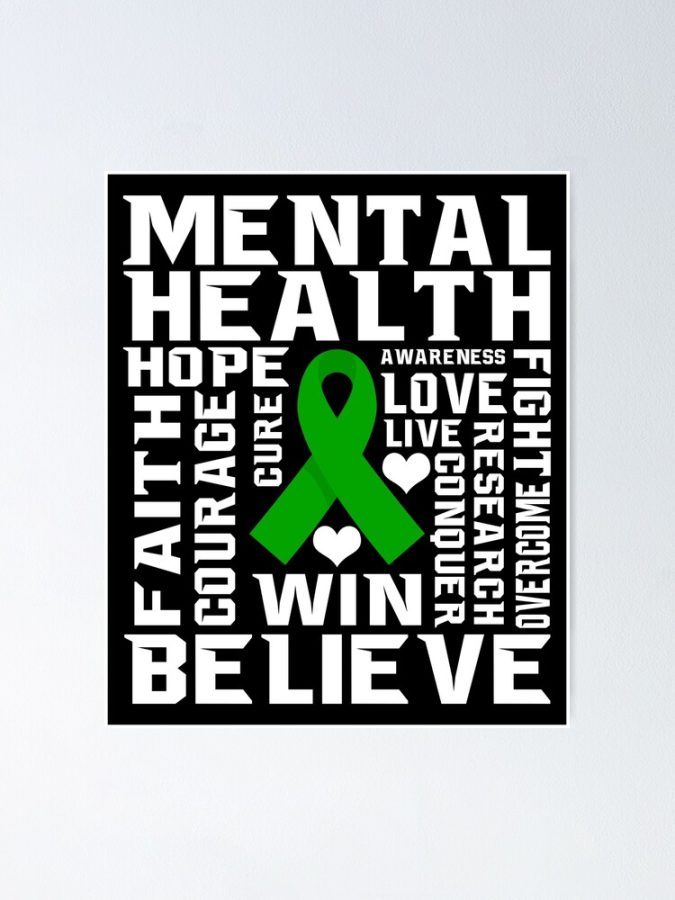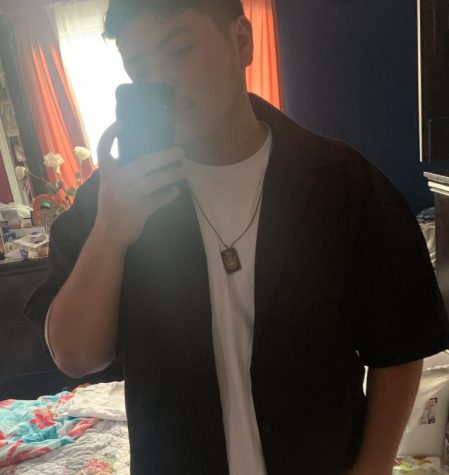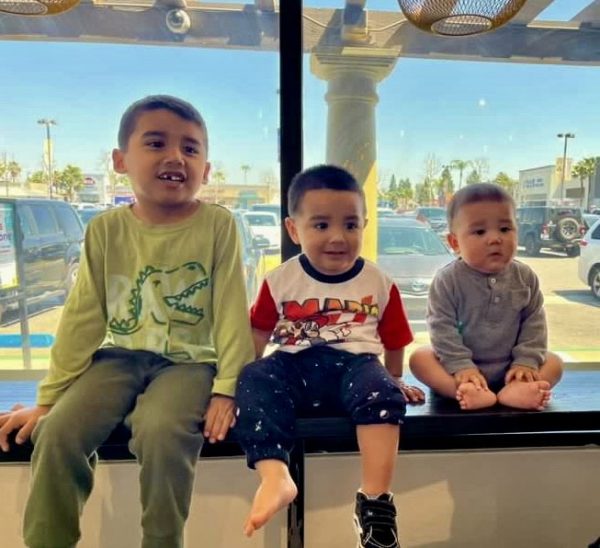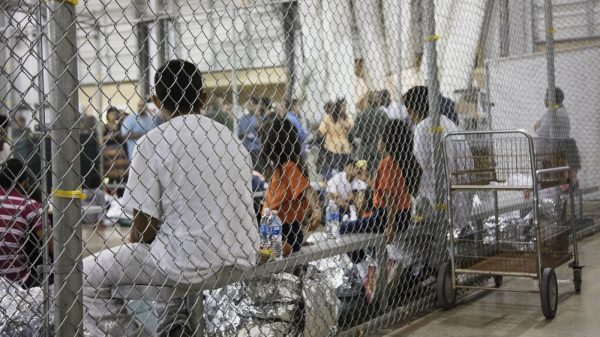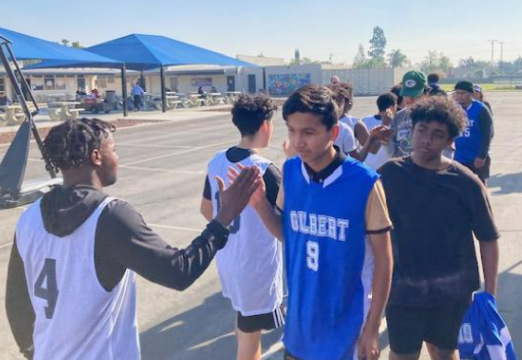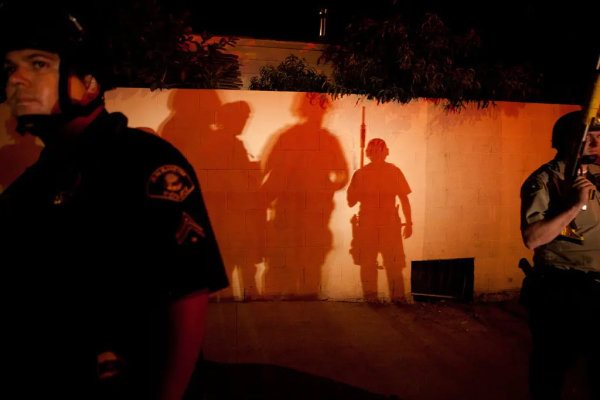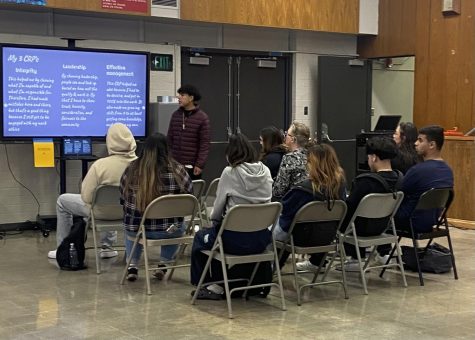Why Does Mental Health Matter?
May 6, 2022
Kira Warne was voted by staff and students to represent Gilbert High school at districts Soap Box Talks Competition The topic of her speech is Mental Health awareness. Kira’s message is so important we believe it should be shared here with all of you. 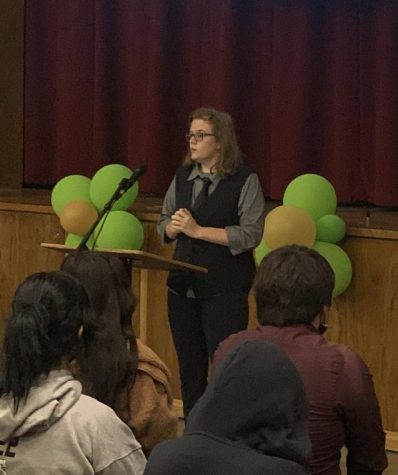
Here is the transcript below:
Imagine you’re in high school. It shouldn’t be hard, since you either have been or are in it now. But think about this too. You’re not only in high school, keeping your grades up, maybe working a job to get some money on the side. But you’re also struggling inside. All of these external factors pushing your buttons and testing you, making you feel like the world is resting on your shoulders. You feel worthless, hopeless, messed up in today’s world. You confess these feelings to your parents. But they don’t listen to you because “you’re too young”. Sounds a little familiar? Whether you are on the giving or receiving end of this equation, the point stands that mental health with teens is often overlooked.
My name is Kira Warne, and I’m here to talk to you all about mental health in highschoolers. Why is it that we ignore these kids? According to the 2019 CDC Youth risk behavior trends report, more than 1 in 3 high schoolers experience feelings of overwhelming sadness or hopelessness. That’s a lot of kids to just feel “a bit blue”, right? Well, 1 in 5 have a diagnosable emotional, behavioral, or mental health disorder, and half of those kids have a problem so severe that it impairs their normal functions. Things like waking up on time, having motivation to do work, making friends, keeping friends, and keeping attention. The recognition of these mental health problems isn’t shameful, it’s the opposite. With 80% of all students not receiving the proper care for these disorders, it’s more important than ever to bring them the care they need, not to think they’re doing it for attention.
Let me tell you a story. It won’t take much of your time, I promise. At my first high school, I started to discover these problems about myself. I didn’t feel like I fit in with the rest of the kids. I wasn’t “normal”, something was wrong. Half of the time, I didn’t have the motivation to get out of bed in the morning. When I met my friends there, they were all the same as me. We weren’t normal, and that’s okay. We all were coming to terms with that. But then, after the quarantine period, they wanted to help. But their help wasn’t helpful. They kept repeating the same stuff over and over for the whole year, thinking they were doing us a favor.
Just cheer up! Just meditate! Just breathe! Just hold it in! Just don’t let it show! Just keep those grades up! Just smile, just think positive, just ignore it, just pretend you’re fine. They didn’t see the numerous other students who weren’t okay. They only saw us as a letter. If you didn’t have perfect grades, you were tossed. I was one of the luckier ones, in that case. Schools like that one have a terrible reputation to stigmatize these disorders and make them seem like phases or something lesser than it truly is.
But all of this data and my story and views, it all comes back to one question. What can you do? What can I do? What can we all do? Most of us in this room don’t have the district or school power to change this on a large scale. But it’s important to start small. The main thing we can do as a society is to normalize mental health in the younger generation. Talk to people about mental health and check in with them. Your friends, colleagues, family, anyone who you feel comfortable talking to about this. Make sure they’re doing okay in their daily life. Normalizing mental health and acknowledging that people have mental health problems is the first step to a better world. A world where a 14 year old girl isn’t afraid to talk to her parents. Where a 9 year old boy can talk to his teacher without fear. A 12 year old kid can come clean about their health to their guardians without the fear of reprimanding. That’s the key to a new and better world for mental health acceptance. Thank you.
